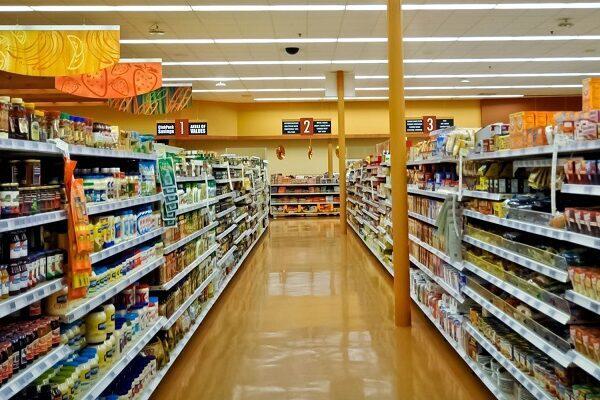Grocery store owners in Alabama aren't gouging consumers on prices, according to Alabama Grocers Association president and CEO Ellie Taylor.
Democrat presidential candidate Vice President Kamala Harris has noted the increased cost of groceries in recent years in tweets and speeches in recent days and says she wants the federal government to penalize grocery stores that engage in "price gouging."
"My plan will include new penalties for opportunistic companies that exploit crises and break the rules," Harris said at a campaign rally on Friday.
Harris hasn't defined what she means by price gouging yet. According to the Associated Press, the average price of groceries nationwide is up 21% compared to three years ago.
Taylor told 1819 News in an interview on Friday that grocery pricing is driven by multiple factors.
"I have not seen anything direct come out of the White House that (says) 'Yes, we're implementing that.' I think this is part of her campaign pledges to be elected president, so I think some of this is very political," Taylor said. "Consumers can know that if grocery stores are raising prices, it's not for profitability. It is because those prices have gone up to where the grocery stores have to. You don't want to mandate that our stores can't do certain pricing because then what's going to happen, especially in those rural areas, you're going to have stores that are literally going to go out of business which is going to create food deserts and people are not going to have access to fresh fruits and vegetables, fresh produce, fresh meats, those type of things that are so important for a nutritious diet. Those stores are going to go out of business."
Taylor said grocery pricing is driven by multiple factors.
"Increases in food prices are driven by dozens – if not hundreds – of factors. The prices we pay for groceries are only visible in supermarkets, but they reflect the value of contributions of many diverse industry sectors, all of which make vital contributions to the process from which food travels from farms to homes," Taylor said. "Grocery shoppers can rest assured that a cost increase is not related to increased profits, and instead due to a spike in costs due to labor, lower capacity production, commodity prices, energy costs and even transportation demands. These examples are a few to help contextualize environmental factors that influence food prices while the grocery industry maintains a net 1-2% profit margin, which has been consistent for more than two decades. With the exception of a few notable outliers, such the current post-COVID inflationary period, increases in average grocery prices have held steady between 1-4% since 2003."
To connect with the author of this story or to comment, email caleb.taylor@1819News.com.
Don't miss out! Subscribe to our newsletter and get our top stories every weekday morning.









